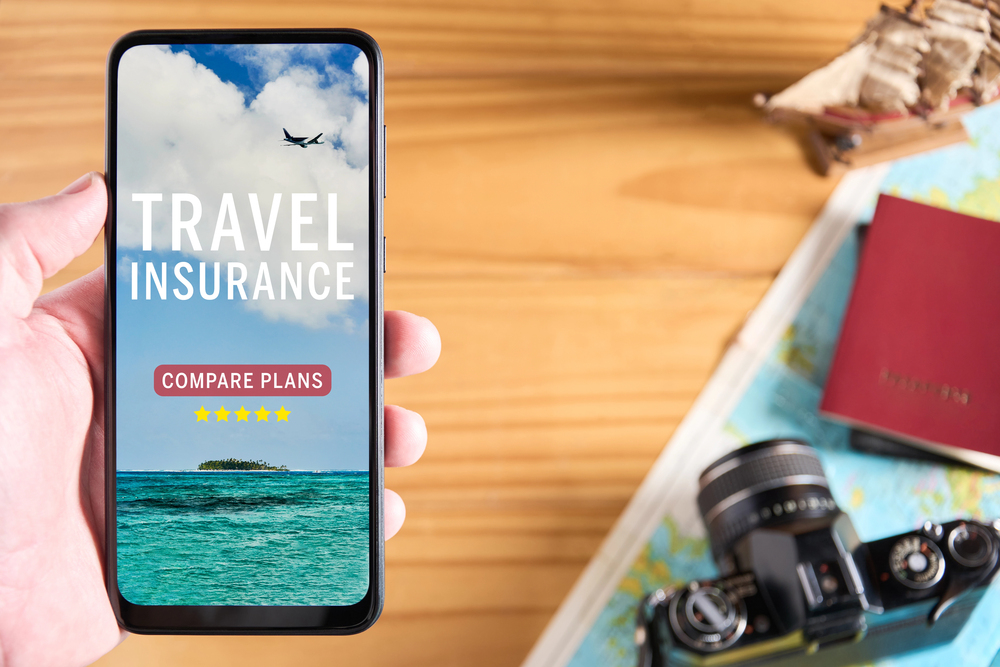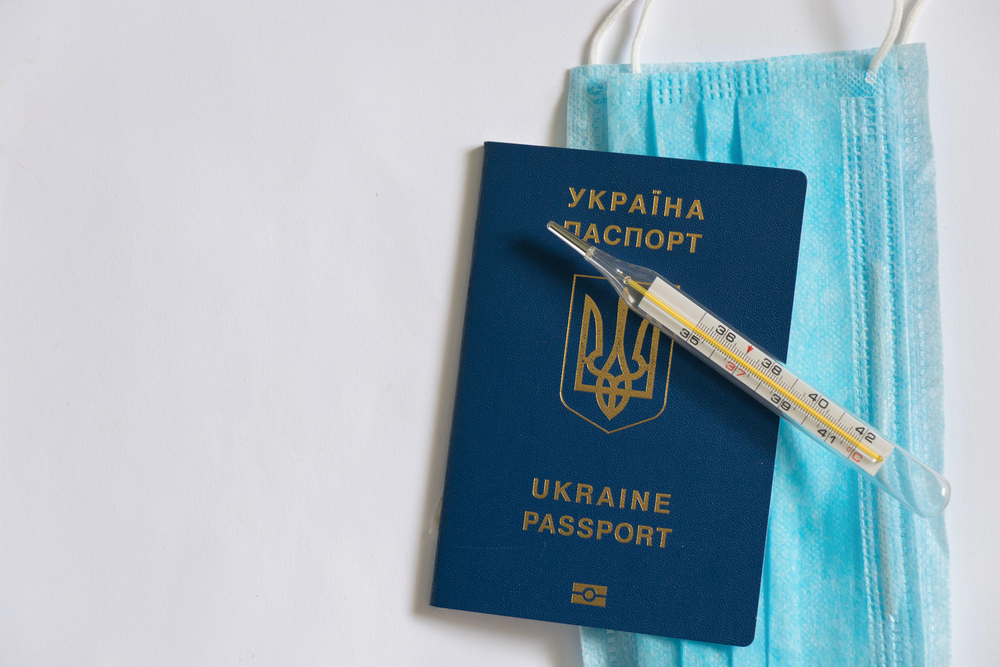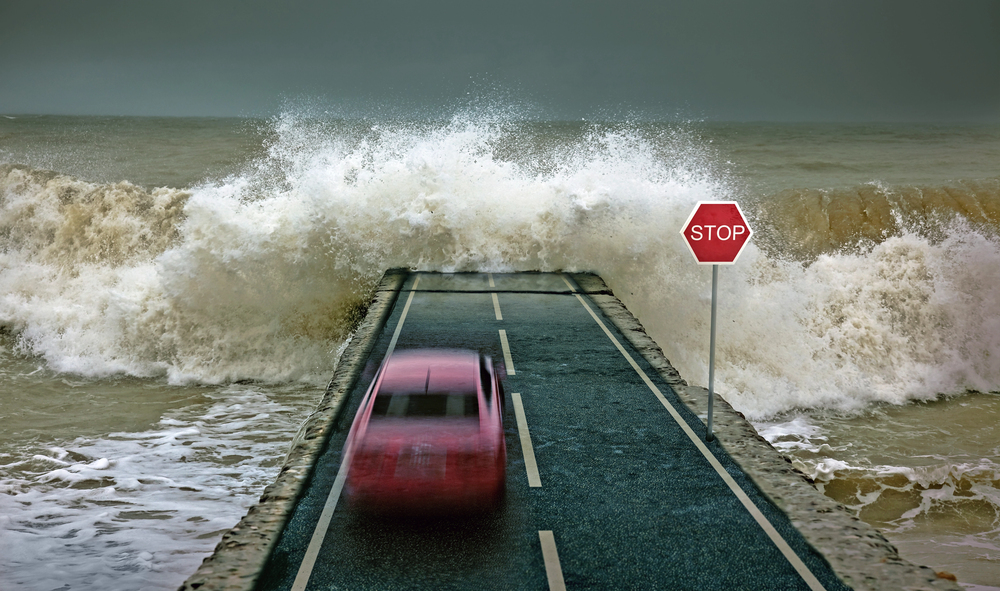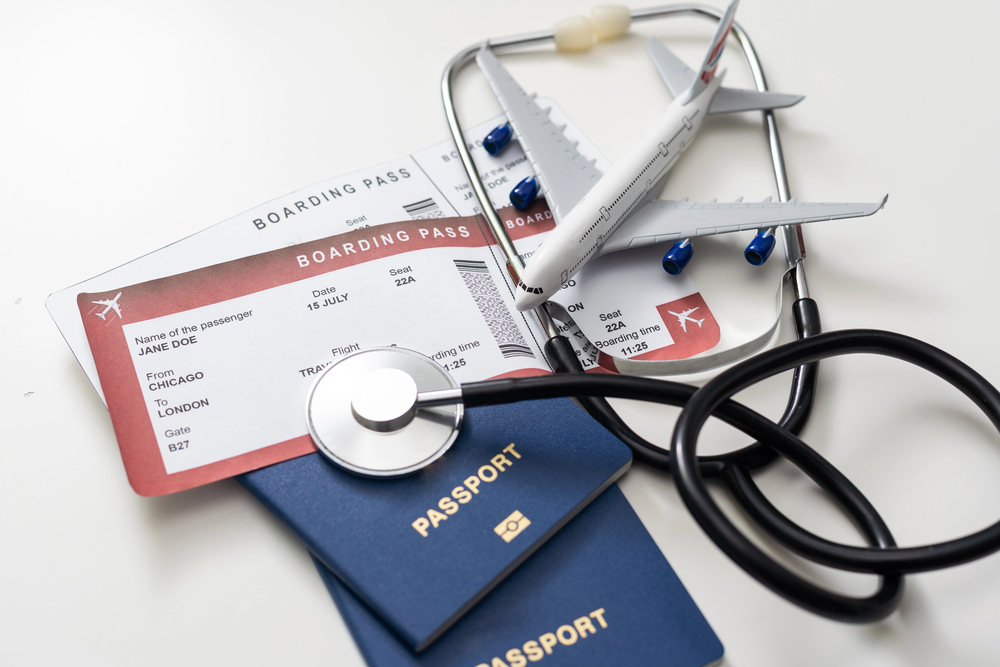Travel insurance feels like one of those things you buy ‘just in case,’ right up there with extended warranties and lottery tickets. But unlike those other purchases, travel insurance can literally save you from financial ruin when things go sideways on your trip. The problem is that most people operate under some pretty dangerous misconceptions about what their coverage actually does.
These myths aren’t just harmless misunderstandings — they can cost you thousands of dollars when you need protection most. Here are 14 travel insurance myths that could leave your wallet empty and your vacation memories sour.
My Credit Card Covers Everything

Credit card travel benefits sound amazing in the marketing materials, but they’re often more limited than people realize. Most cards only cover trip cancellation if you charged the entire trip to that specific card, and even then, the coverage usually maxes out at a few thousand dollars. Your card might cover lost luggage up to $500, but what happens when your $3,000 camera gear gets stolen in Rome? Credit card coverage is like having a bandage when you need surgery — it’s better than nothing, but it won’t fix the big problems.
Travel Insurance Is Too Expensive

People often assume travel insurance costs 10–15% of their trip value, but comprehensive coverage typically runs between 4–8% of your total trip cost. For a $3,000 vacation, you’re looking at $120–240 for solid protection. Compare that to the $50,000 medical evacuation bill you might face if you get seriously injured in a remote location. It’s like complaining about the cost of a seatbelt while ignoring the price of a hospital stay.
I’m Young and Healthy, So I Don’t Need It

Youth doesn’t make you immune to accidents, food poisoning, or unexpected emergencies. A 25-year-old can break their leg skiing in Colorado just as easily as a 65-year-old. Plus, young travelers often take more risks — backpacking through remote areas, trying adventure sports, or staying in budget accommodations that might not have the same safety standards. Your age might protect you from some health issues, but it won’t stop a motorcycle accident in Thailand from requiring emergency medical evacuation.
My Regular Health Insurance Works Everywhere

Most domestic health insurance plans provide zero coverage outside the United States, and even those that do often require you to pay upfront and seek reimbursement later. Imagine trying to pay a $30,000 hospital bill in cash while dealing with a medical emergency in a foreign country. Even if your insurance covers international emergencies, it typically won’t cover medical evacuation back to the US, which can easily cost $100,000 or more, depending on your location and condition.de
I Can Buy Insurance After Booking My Trip

While you can technically buy travel insurance anytime before your departure, waiting means missing out on crucial benefits. Pre-existing medical condition coverage and ‘cancel for any reason’ options are only available if you purchase insurance within 10–21 days of your initial trip deposit. It’s like trying to buy car insurance after you’ve already had an accident—the company isn’t going to cover damage that already happened or risks they can clearly see coming.
Cancel for Any Reason Means Literally Any Reason

‘Cancel for any reason’ coverage sounds like a golden ticket, but it comes with strings attached. You typically need to cancel at least 48 hours before departure, and most policies only reimburse 50–75% of your non-refundable expenses. Plus, this coverage usually costs 40-60% more than standard policies and isn’t available for every destination. It’s more like ‘cancel for most reasons with partial reimbursement’ than the blank check people imagine.
Adventure Sports Are Always Covered

Standard travel insurance policies often exclude coverage for activities they consider high-risk, including skiing, scuba diving, mountain climbing, and even some zip-lining excursions. If you’re planning any adventure activities, you need to specifically check whether they’re covered or purchase additional adventure sports coverage. Getting hurt while bungee jumping without proper coverage is like going skydiving without checking if your parachute works.
Trip Interruption and Cancellation Are the Same Thing

Trip cancellation covers you if you can’t leave for your trip, while trip interruption covers you if you have to cut your trip short and return home early. The coverage amounts and triggering events are often different. Trip interruption typically covers additional expenses like last-minute flight changes and unused prepaid activities, while cancellation focuses on getting back your non-refundable deposits. Understanding the difference is crucial because you might need one, both, or neither, depending on your specific situation.
All Policies Cover Natural Disasters

Natural disaster coverage varies significantly between policies and often depends on timing. Many policies won’t cover cancellations due to hurricanes if the storm was already named when you purchased your insurance. Some policies cover earthquakes, while others don’t. Volcanic eruptions might be covered for health and safety reasons but not for trip delays. It’s like assuming all umbrellas work the same way in different types of storms — some are built for light rain, others for hurricanes.
Pre-existing Medical Conditions Are Never Covered

While most standard policies exclude pre-existing medical conditions, many insurers offer waivers that provide coverage if you meet certain requirements. Typically, you need to purchase insurance within 10–21 days of your initial trip payment, be medically able to travel when you buy the policy, and insure the full non-refundable trip cost. These waivers can cover trip cancellation, medical expenses, and even emergency evacuation related to your pre-existing condition.
Travel Insurance Covers Lost Cash and Credit Cards

Most travel insurance policies don’t cover lost cash, and credit card coverage is usually limited to replacement fees rather than fraudulent charges. Your credit card company typically handles fraudulent charges better than your travel insurance will. Travel insurance is more focused on covering bigger financial losses like medical emergencies and trip cancellations rather than everyday inconveniences like lost wallets. Think of it as protection against major financial disasters, not minor hassles.
Business Travel Doesn’t Need Special Coverage

Business travelers face unique risks that personal travel insurance might not cover. If you’re traveling with expensive equipment, meeting with clients, or have work obligations that could trigger trip cancellation, you might need specialized business travel coverage. Some policies exclude coverage for work-related travel entirely, while others limit coverage for business equipment. Your company’s travel policy might provide some protection, but it often leaves gaps that personal insurance won’t fill.
Cheap Policies Are Just as Good as Expensive Ones

Budget travel insurance policies often have lower coverage limits, more exclusions, and less comprehensive customer service. A cheap policy might cover $10,000 in medical expenses while a comprehensive policy covers $1 million. The difference matters enormously if you face a serious medical emergency abroad. It’s like comparing a basic first aid kit to a fully equipped ambulance—both might help with minor injuries, but only one can handle serious emergencies.
Travel Insurance Companies Always Try to Deny Claims

While claim denials do happen, they’re usually due to policy exclusions, insufficient documentation, or claims that fall outside coverage parameters. Reputable insurance companies want to pay legitimate claims because their reputation depends on customer satisfaction. The key is understanding your policy, keeping detailed records, and working with established insurers who have good customer service track records. Most claim issues arise from misunderstandings about coverage rather than deliberate attempts to avoid payment.
When Myths Meet Reality

Travel insurance myths persist because they’re often based on outdated information or misunderstood policy details. The insurance industry has evolved significantly in recent years, offering more comprehensive coverage and better customer service than many people realize. Understanding what your policy covers — and what it doesn’t — can mean the difference between a minor inconvenience and a major financial disaster. The next time you’re planning a trip, skip the myths and focus on finding coverage that protects your investment and your peace of mind.
More from Travel Pug

- 20 Best Beach Towns in the Carolinas
- 13 Destinations Where Tourists Regularly Regret Their Trip
- 20 Things You Actually Get in First Class
- 20 Small Airports With Aviation Museums
- 20 Places in the U.S. That Are Perfect for a Reset Trip
Like Travel Pug’s content? Follow us on MSN.
